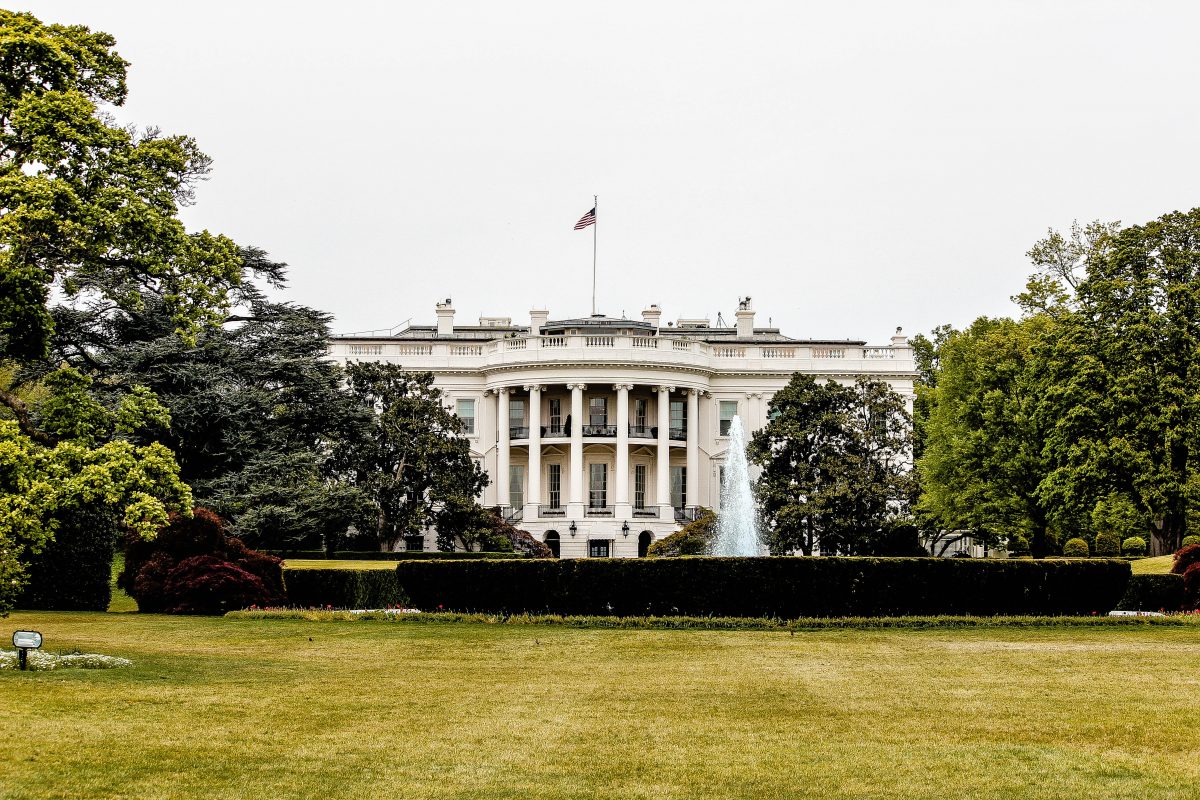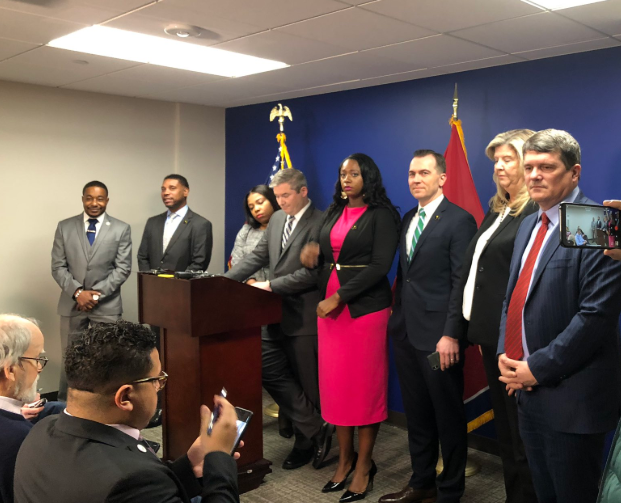As the one-year anniversary of Dobbs vs. Jackson Women’s Health Organization approaches on Saturday, June 24th, Planned Parenthood of Tennessee and North Mississippi consider it to be “more dangerous and more deadly to be pregnant in Tennessee.”
On June 24, 2022, the Supreme Court decided to overturn the decision made in the landmark case, Roe v. Wade, which protected a woman’s right to choose an abortion. On August 25, 2022, a Tennessee law went into effect that made providing abortions a felony. As the Memphis Flyer reported in August, the Human Life Protection Act “was passed in 2019 just in case the U.S. Supreme Court ever overturned the landmark Roe v. Wade.”
At the time of its passage, the law did not allow abortions in cases of rape, incest, or any fetal abnormality that could prove fatal to the baby. The law only allowed an abortion in Tennessee if giving birth would kill the pregnant woman or would prevent “serious risk of substantial and irreversible impairment of major bodily function.”
In the most recent legislative session, exceptions were made for ectopic and molar pregnancies. The Tennessee General Assembly declared that the termination of a pregnancy for these purposes does not “constitute criminal abortion.” While this amendment expanded instances for which abortions are allowed, organizations such as Tennessee Advocates for Planned Parenthood are still against the bill.
“Anything that allows more access to abortion and reproductive health care is vital, but anything short of complete support for bodily autonomy and abortion rights stigmatizes abortions, particularly for our most disenfranchised communities,” said a statement on the organization’s website.
The “Tennessee Abortion-Inducing Drug Risk Protocol Act” was passed on May 9, 2022, and took effect on January 1, 2023, which required all “abortion inducing drugs,” to be provided only by qualified physicians in medical facilities. While the law went into effect around the same time that the Food and Drug administration expanded access to these drugs, abortion is still illegal in the state of Tennessee. It is, however, still legal to leave the state for an abortion. Currently, Planned Parenthood of Tennessee and North Mississippi uses a Patient Navigation team, to help patients understand their options in these instances.
“We are navigating patients out of state for abortion care. We’re helping them with logistics. We’re giving them resources for travel. We’re helping them pay for the services when they get there,” said Ashley Coffield, CEO of Planned Parenthood of Tennessee and North Mississippi, in a video released ahead of the anniversary of the Dobbs decision.
While making strides to expand access and resources, the organization also said that it expects “more criminalization and more intimidation going forward.”
“State lawmakers have already advocated and strategized around ways to ban contraceptives, IVF treatments and restrict interstate travel for abortion. It is a scary time,” said Planned Parenthood in a statement.”
HB1084, sponsored by Representative Jesse Chism (D-Memphis) and Senator Raumesh Akbari (D-Memphis), failed in the legislative session this year. This bill proposed that the offenses related to “criminal abortions,” should not include contraceptives such as hormonal birth control, emergency contraceptives, and intrauterine devices.



 Tennessee Advocates for Planned Parenthood
Tennessee Advocates for Planned Parenthood